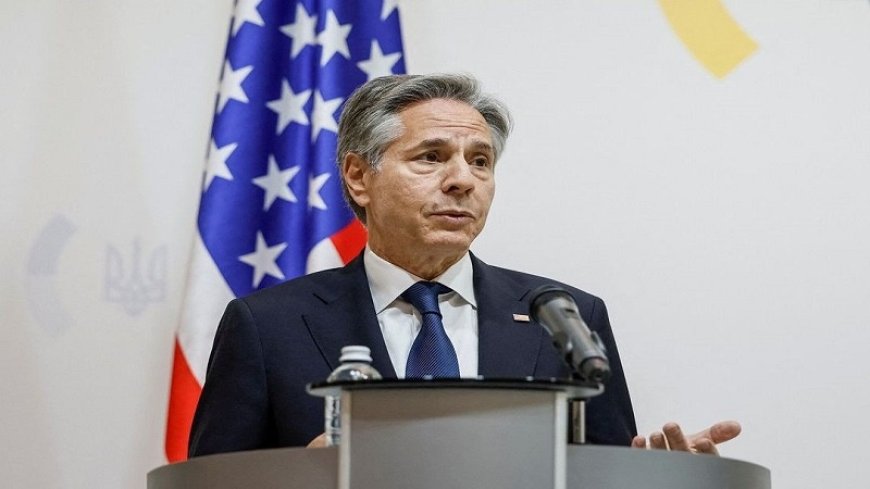Cairo Talks: A Crucial Moment for Gaza Ceasefire Amid Rising Tensions

U.S. Secretary of State Antony Blinken has underscored the critical importance of the upcoming Cairo talks, describing them as potentially the last opportunity to secure a ceasefire agreement in the Gaza Strip. The negotiations come amid escalating violence and a growing humanitarian crisis, with international pressure mounting for a resolution.
In recent comments, Blinken emphasized the need for both Israel and Hamas to engage constructively in the talks, cautioning against actions that could derail the delicate negotiations. He placed significant responsibility on Hamas for the continuation of the conflict, while reiterating that unilateral pressure on Israel alone would not suffice to bring about a ceasefire.
Blinken’s diplomatic efforts included a visit to Tel Aviv, where he met with Israeli leaders, including Prime Minister Benjamin Netanyahu, President Yitzhak Herzog, and Defense Minister Yoav Gallant. The discussions centered around Israel's security concerns and the conditions for a potential ceasefire.
Following his meetings in Israel, Blinken is scheduled to travel to Cairo, where he will lead U.S. efforts to broker a ceasefire. The Cairo talks are seen as a pivotal moment in the ongoing conflict, with the potential to bring about a much-needed cessation of hostilities.
The Positions of the Parties
The Hamas movement has outlined its demands for a permanent ceasefire, which include the complete withdrawal of Israeli forces from the Gaza Strip, the return of Palestinian refugees to their homes in the northern part of the region, and Palestinian control over key routes, such as the Salahuddin axis, without Israeli military presence.
On the other hand, Israeli Prime Minister Netanyahu has insisted on the need for monitoring the return of Palestinian refugees to prevent armed fighters from infiltrating northern Gaza. This indicates Israel’s ongoing security concerns, particularly with respect to the Salahuddin axis, a critical route in the region.
The Broader Implications
The Cairo talks are being closely watched by the international community, as a failure to reach an agreement could lead to further escalation of the conflict. The outcome of these negotiations could significantly impact the future stability of the region, as well as the humanitarian situation in Gaza.
The U.S. has positioned itself as a key mediator in these talks, with Blinken’s involvement signaling a high level of commitment to finding a resolution. However, the path to a ceasefire remains fraught with challenges, given the deep-seated distrust and conflicting objectives of the parties involved.
As the talks commence, the world is watching to see whether a breakthrough can be achieved, or if the region will continue to be engulfed by violence. The stakes are high, and the consequences of failure could be dire for both Israelis and Palestinians.













































